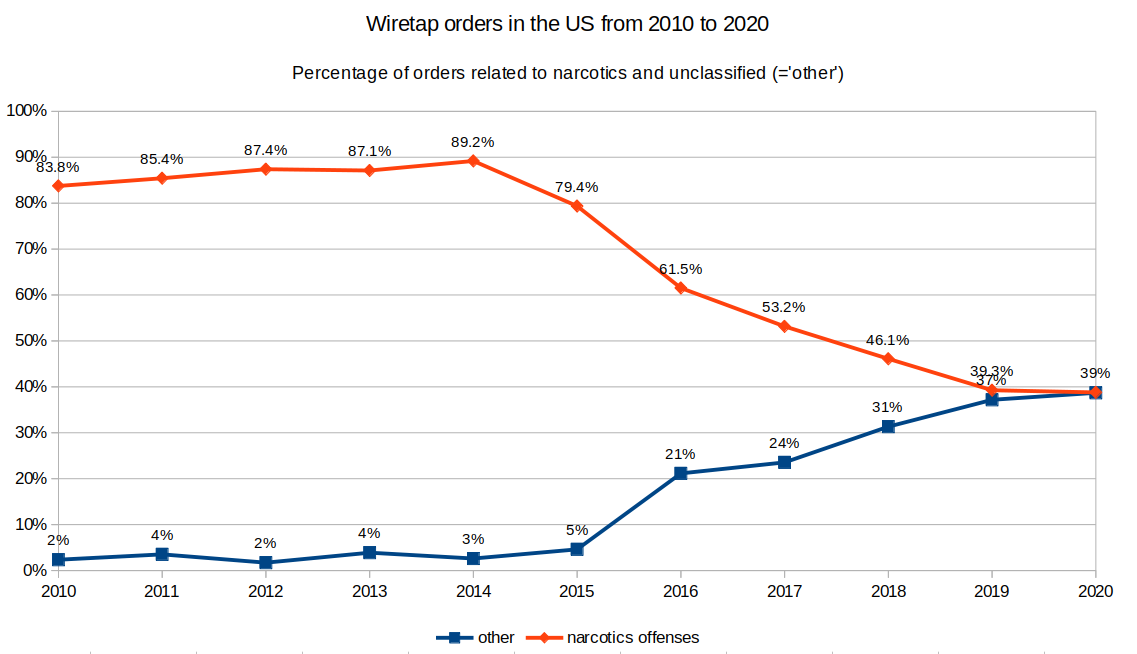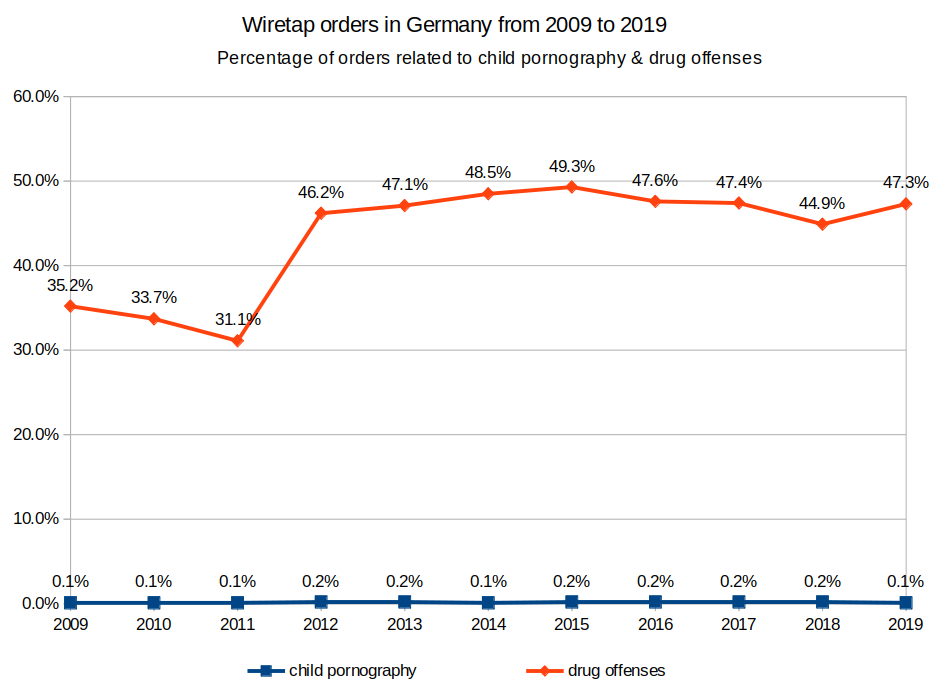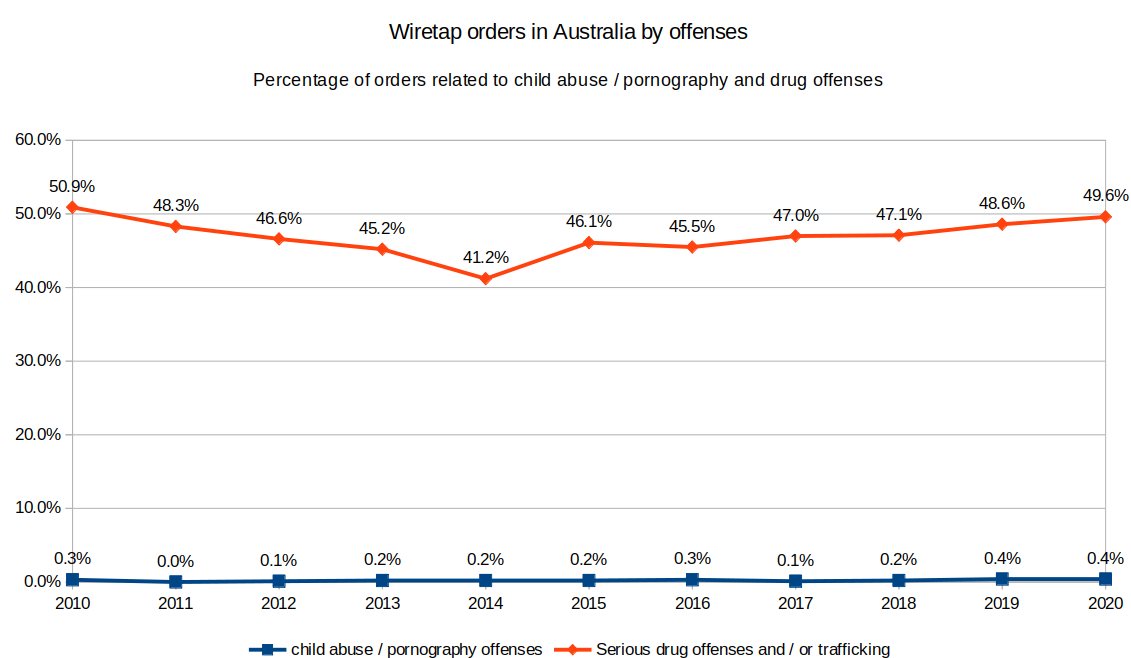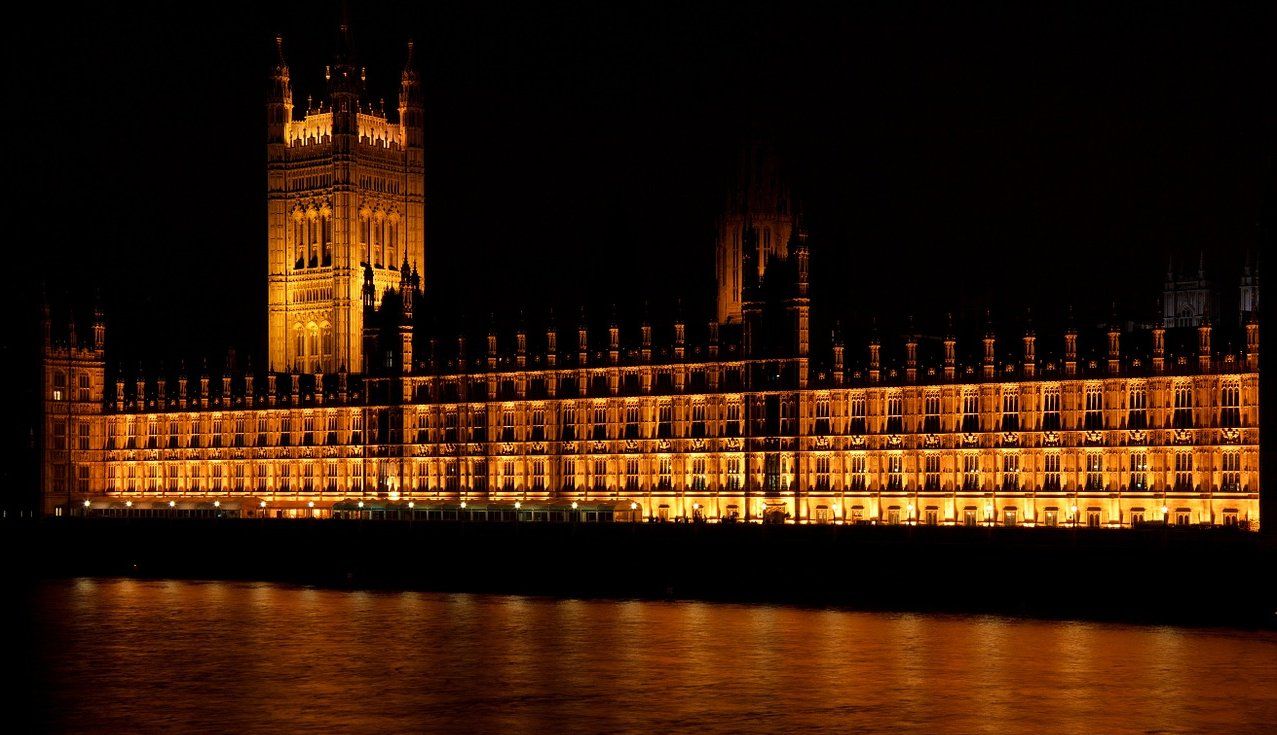Johnson's PR campaign uses 'child protection' to sway public opinion against importance of privacy.
We need an open and honest discussion about privacy and encryption - not a PR campaign, funded with tax payers' money.
PR campaign against encryption
As revealed by RollingStone the upcoming British PR campaign - paid for with tax payers money - will be graphically portray encryption as a tool to endanger children by installing a glass box in a public space with a man and a child inside, typing away on their smartphones. While the adult occasionally looks at the child “knowingly”, the “privacy glass” will turn black so that no one outside can see what is happening inside.
However, this PR stunt is just one example on how politicians try to swing the public opinion against encryption and to kill any meaningful discussion on whether encryption is needed to protect everybody’s privacy in a democratic society.
International wiretap orders
To demonstrate that this narrative - and it’s not just the UK government that uses such arguments - is just used to influence the public opinion, we have looked at wiretap orders issued in the USA, Australia and Germany (unfortunately, the UK Home Office does not publish such numbers). Wiretap orders are issued by the authorities to request specific user data of suspected criminals from telecommunication providers.
This analysis of international telecommunication interceptions demonstrates that the overwhelming majority of surveillance requests are targeted at drug-related offenses. Only a disappearing small number of requests are issued in relation to child sexual abuse or distribution of child sexual material.
Wiretap orders in the USA
The US report on wiretap orders in 2020 shows that most orders are issued to prosecute narcotics offenses. On top of the 39 percent (as shown in the chart below), most of the ‘other’ offenses are also drug-related as the report states: “Applications citing narcotics combined with applications citing other offenses, which include other offenses related to drugs, accounted for 77 percent of all reported wiretap applications in 2020”. It looks like the reporting has changed in 2015-2016, which led to an increase of ‘other’ offenses, but in truth these other offenses are mainly drug-related offenses combined with other offenses. Because of this change the wiretap orders to prosecute drug-related crimes have seemingly gone down while in fact they have not. Wiretap orders for drug-related crimes have remained close to 80 percent of all surveillance orders until 2020.


Wiretap orders issued in the USA between 2010-2020. Source
Wiretap orders in Germany
In Germany, the picture is the same: When looking at the actual monitoring orders issued by German courts, the numbers speak a very clear language.
Drug related crimes at the top
In Germany, more than 47.3 per cent of the measures for the surveillance of telecommunications according to § 100a StPO where ordered to find suspects of drug related offenses in 2019. Only 0.1 per cent of the orders where issued in relation to child pornography.


Comparison of the percentage of wiretap orders for child pornography and drug offenses in Germany, 2009-2019. Source
In most cases, just like in the US, the surveillance of telecommunications was ordered to prosecute drug-related crimes. No other area had so many surveillance measures ordered. In Germany, just under half of all telecommunication surveillance measures were carried out for drug offenses in recent years. This is shown in the annual statistics of the Federal Office of Justice (BfJ).
Wiretap orders in Australia
The same is true for Australia, the democracy with some of the most intrusive surveillance laws in the world: The annual reports of the Department of Home Affairs show that close to 50 per cent of interception of telecommunications orders are related to drug offenses or trafficking each year, and close to 0 per cent related to child abuse and child pornography offenses.


Comparison of the percentage of wiretap orders for child pornography and drug offenses in Australia, 2010-2020. Source
Analysis result
The result that becomes obvious from these statistics: In recent years, child sexual abuse and child pornography have played only a marginal role in telecommunications surveillance in practice.
This stands in stark contrast to what politicians try to convince us of. In political debates the fact that more online surveillance is needed to tackle child sexual abuse and child pornography is stressed time and time again.
Despite this framing we have to keep in mind that the main reason for the surveillance measures are investigations into drug related offenses. This, however, is rarely if ever mentioned when calling for more surveillance options for law enforcement agencies.
Protect the children used as killer argument
The right to privacy is a basic human right that makes sure mass surveillance – also online – is illegal. The best tool we have to protect our privacy online is encryption. Today, we use encryption all the time for online banking, e-commerce and communication. Encryption in today’s internet is essential as it makes it impossible for eavesdroppers to steal or abuse our private information.
However, politicians are trying to undermine online privacy by pushing to ban encryption, and Johnson’s PR campaign is another proof of that. In recent years, the framing in almost every political and public debate about the ongoing crypto wars has become this: Encryption must be banned to prosecute child molesters and pedophiles and, thus, to protect the children. Whenever someone is arguing that end-to-end encryption is necessary to protect the security and privacy of all citizens, including children, they are presented in a way as if they were defending pedophiles.
The argument “to protect the children” is used as a killer argument. It makes a healthy and nuanced public debate surrounding law enforcement agency’s abilities to decrypt all our online conversations impossible.
Banning encryption becomes only solution
The pressure on politicians speaking up for the right to privacy was described as “moral blackmail” during the recent EU vote on a law that allows tech companies to scan every message sent via their platforms.
For instance, Dutch MEP Sophie in‘t Veld said a day before the vote: “Whenever we asked critical questions about the legislative proposals, immediately the suggestion was created that I wasn’t sufficiently committed to fighting child sexual abuse.”
Framing a legislative initiative as necessary to protect children builds an immense pressure on politicians to simply vote in favor of such initiatives as any counter argument becomes impossible.
After all, many people would be all too happy to give up the right to privacy – not just for themselves, but for everyone – if they were assured that banning strong encryption will mean catching child sex predators.
Telecommunication interceptions used for War on Drugs
However, the analysis of telecommunication interception orders in the USA, Germany and Australia shows that surveillance orders executed by law enforcement are not used to protect the children.
The telecommunication interceptions are predominantly used to fight the War on Drugs, and only to a very small number to prosecute pedophiles.
Call for banning encryption
Even though the numbers speak a very clear language, the Johnson government now plans to fuel the myth that we need to ban encryption to protect the children. This is very dangerous. By framing the debate in a way that banning encryption would be needed to protect the children, politicians try to swing the public opinion in their direction.
However, banning encryption is impossible: It is impossible to enforce a human law aiming at banning the laws of mathematics. Because mathematics say that you can have good encryption, it can simply be programmed with code that fits on one sheet of paper.
As a result, only people who are ready to break the law will have encryption. The general public will not.
Or as Phil Zimmermann put it: “If privacy is outlawed, only outlaws will have privacy.”
What the politicians are asking for, is, consequently, wishful thinking. The Register has made a poignant prayer out of it that all politicians asking for a ban on encryption should learn by heart:
“Oh Lord, grant us this day all the data, but keep it from the sight of the evil-doers. And if that’s not possible, because it isn’t, even for thou, oh Lord, force industry to give it to us by framing them as complicit in child sex abuse. Amen.”
The truth is: If an encrypted service contains a backdoor “for the good guys only”, it contains a backdoor.
It is impossible to make an encrypted system available to law enforcement without making it inherently insecure.
Recent successes in criminal investigation, such as the breaking of Encrochat, an encrypted chat app widely used by criminals as well as the AN0M crackdown where hundreds of criminals were arrested after having used an encrypted messaging app secretly run by the FBI, show that it is also not necessary to outlaw encryption for all citizens in order to prosecute criminals.
Politicians will continue to call for a ban on encryption to “protect the children.” But make no mistake here: Free and democratic societies depend on encryption as much as they depend on free speech and the right to privacy.
The right to privacy is essential to protect activists, lawyers, human rights defenders, journalists, and many more; and only strong end-to-end encryption can defend this right in an online space.
At the very least, we as a society must have the option to freely discuss whether our society should outlaw encrypted communication to allow scanning for harmful content or whether our society needs encrypted communication to guarantee the right to privacy and freedom of speech. Now the Johnson government again tries to kill any open discussion with its PR campaign.
This will tremendously harm our free and democratic societies.

